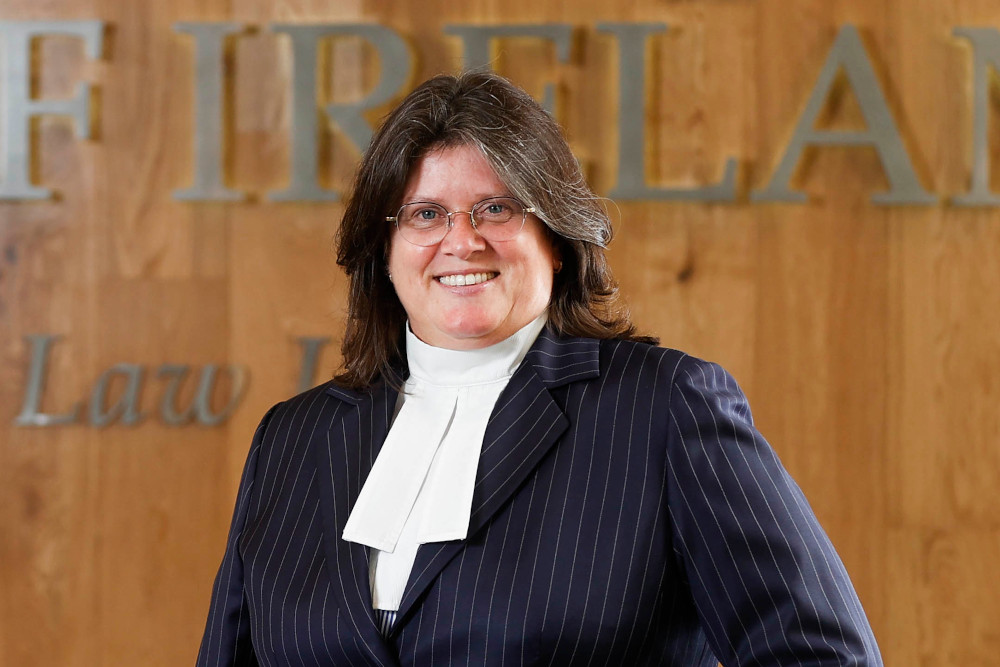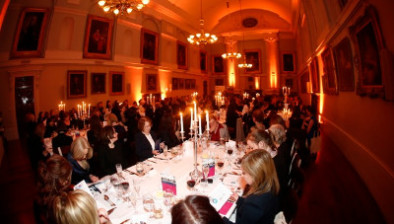Barristers call for urgent fee restoration amid concerns for future of profession

Maura McNally SC
The Bar of Ireland has called for the urgent restoration of fees paid to criminal barristers as new figures show that two-thirds abandon a career in criminal law after just six years.
Under FEMPI legislation in the aftermath of the financial crisis, professional fees paid to barristers practising criminal law on behalf of the State were cut by amounts ranging from 28.5 per cent to 69 per cent.
Although other groups of workers across the justice sector have since had cuts reversed, criminal barristers are still receiving the same pay as they were 19 years ago, despite the increasing complexity of criminal cases thanks to increasing volumes of digital evidence.
The Bar argues that the Department of Public Expenditure and Reform has “unilaterally broken” the long-standing link between barristers’ fees and public sector pay agreements by, for instance, beginning a process of pay restoration for State Solicitors engaged by the Office of the Director of Public Prosecutions in 2017.
The Department has not moved to restore pay for barristers despite agreeing in 2018 that it could now “justify the reversing of cuts imposed [on barristers] during the financial emergency”.
New figures published by the Bar suggest that a career in criminal law for recently qualified junior barristers has become unattractive and unrealistic in comparison to other areas of the law.
Two-thirds of barristers who commence a career in criminal law leave after only six years in practice, which barristers warn could lead to significant problems in just five or ten years’ time.
Maura McNally SC, chair of the Council of The Bar of Ireland, said: “A skilled and experienced criminal prosecution bar can only emerge after many years of practice in the junior ranks of criminal defence law.
“It takes many years of practice at the Bar to acquire the necessary experience to effectively and skilfully prosecute serious cases on behalf of the State and it is imperative that newly qualified talented barristers are encouraged to practice in the area of criminal law.
“While there is a perception that the barristers’ profession is one that is highly remunerated, the fact is that junior barristers appearing in the District Court in criminal matters are paid €25 for an appearance and this is often their only fee earned in a day.
“A large proportion of our junior members are leaving criminal law after only six years. It can take up to 10 years of practice to earn a living as a barrister which is a further impediment, in particular for those from disadvantaged socio-economic backgrounds who do not have access to financial supports to sustain a career at the Bar for such an extended period without reaching adequate remuneration.”
Ms McNally called on the Department of Public Expenditure and Reform to “urgently engage in dialogue with us and our members”.








